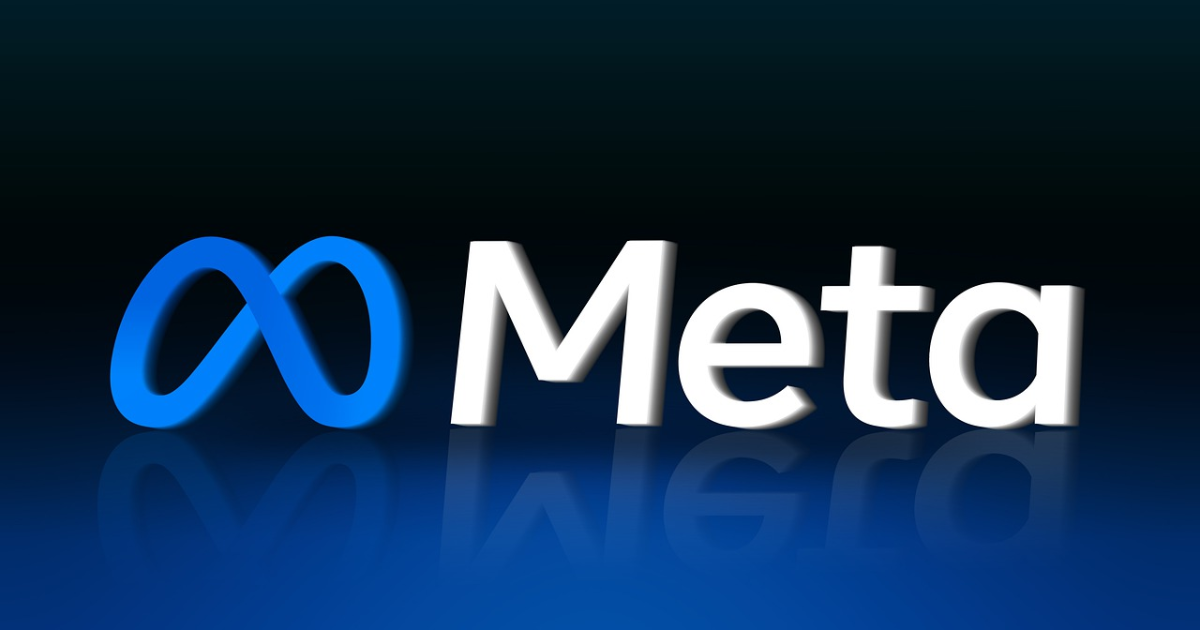Meta is planning to appeal a recent court decision in Kenya that declared it the primary employer of content moderators in sub-Saharan Africa. The ruling came after 184 moderators sued Meta and its content review partner, Sama, alleging wrongful termination of contracts. The moderators also claim that Meta’s new partner, Majorel, blacklisted them under Meta’s instruction.
The Employment and Labor Relations Court determined that Meta was the primary employer of the moderators, with Sama acting as an outsourced agent overseeing their work. The court ordered the extension of moderators’ contracts and prohibited Meta and Sama from laying off moderators during the pending case.
Meta has filed a notice of appeal, arguing that the court erred in extending expired contracts and in imposing terms and obligations on Meta without their knowledge of the employment contract between the moderators and Sama. Meta maintains that the moderators are employees of Sama and not directly employed by the social media giant.
The court also directed Meta and Sama to provide medical, psychiatric, and psychological care to moderators, considering the hazardous nature of their work. The moderators are responsible for reviewing social media posts on Meta’s platforms to remove inciteful, hateful, and misleading content.
Sama laid off 260 moderators after terminating its contract with Meta. The moderators allege that Sama illegally terminated their employment without issuing redundancy notices and not providing a 30-day termination notice.
This is the third lawsuit Meta is facing in Kenya. One case involves allegations of labor and human trafficking, unfair labor relations, and failure to provide adequate mental health support. Another lawsuit accuses Meta of not implementing sufficient safety measures on Facebook, which allegedly contributed to conflicts and deaths during the Tigray War in Ethiopia.
The appeal filed by Meta indicates the company’s determination to challenge the court’s decision and defend its stance regarding the employment status of content moderators in sub-Saharan Africa.



![[CITYPNG.COM]White Google Play PlayStore Logo – 1500×1500](https://startupnews.fyi/wp-content/uploads/2025/08/CITYPNG.COMWhite-Google-Play-PlayStore-Logo-1500x1500-1-630x630.png)